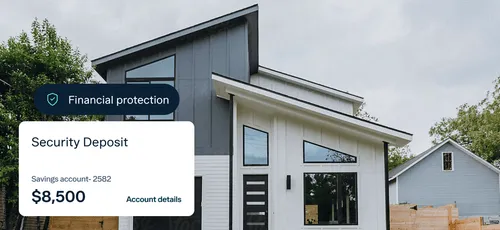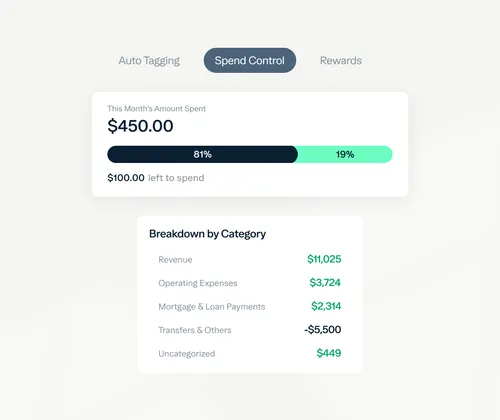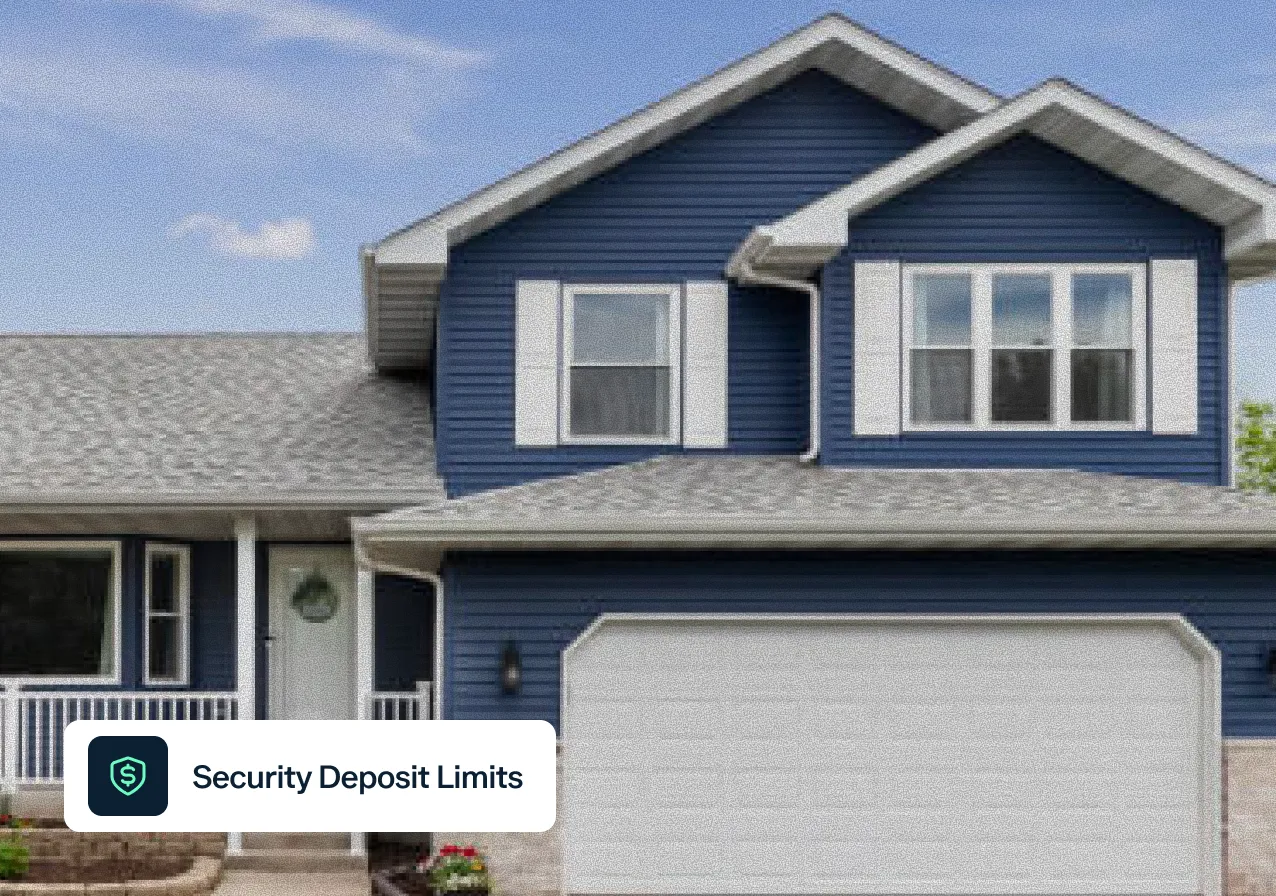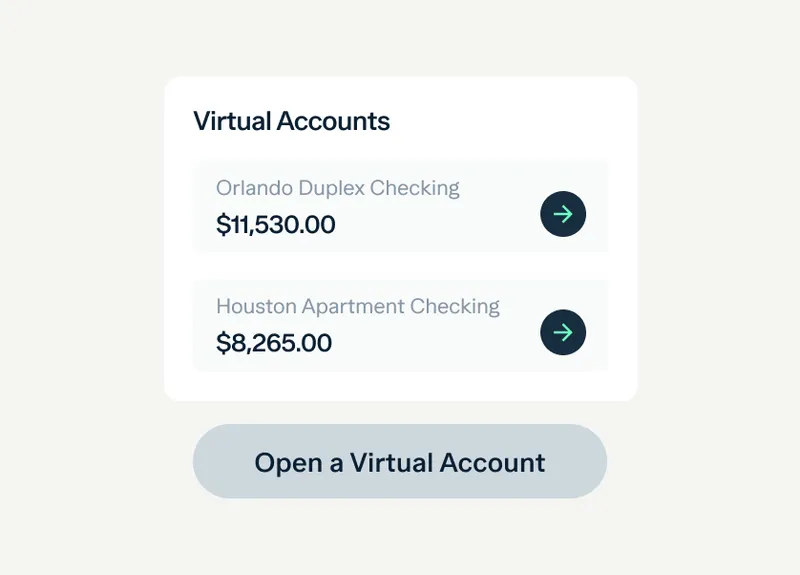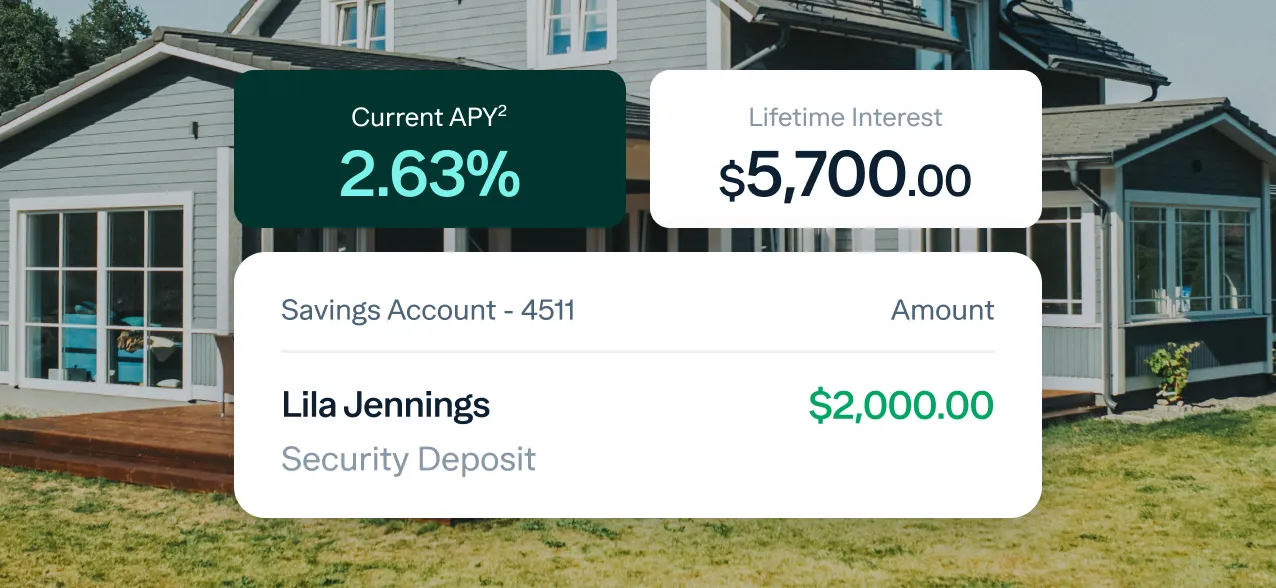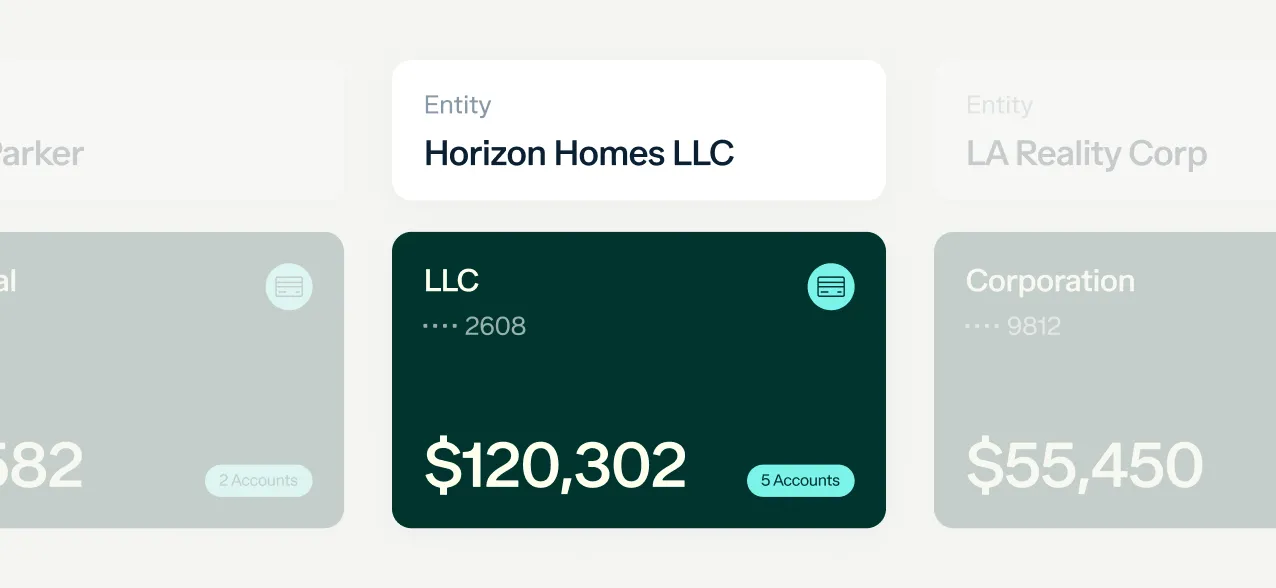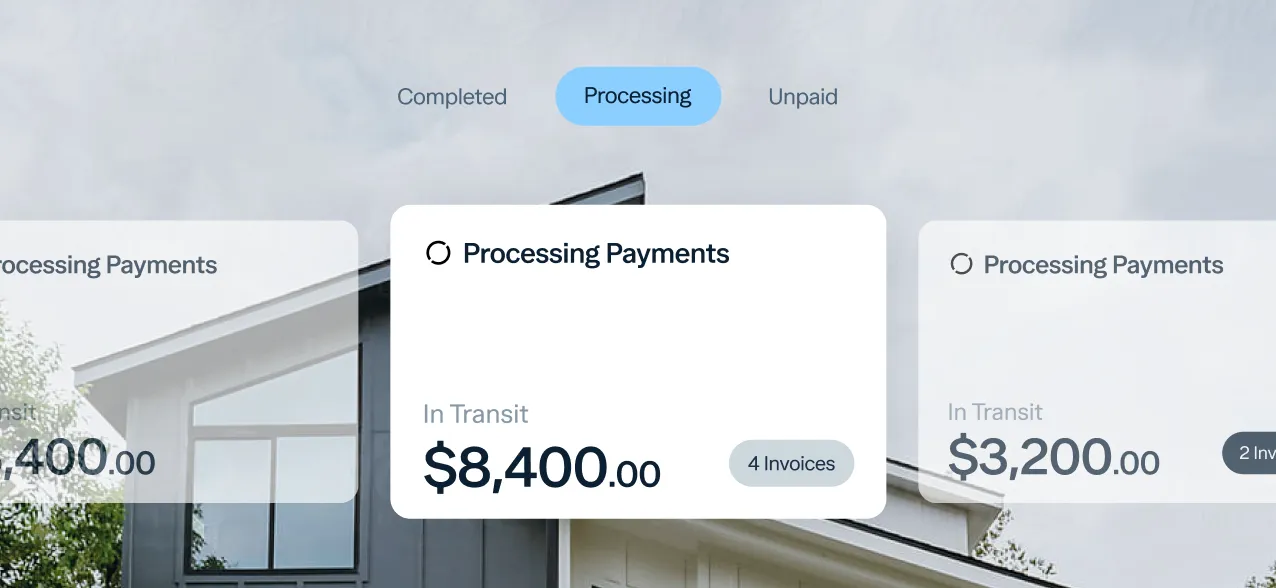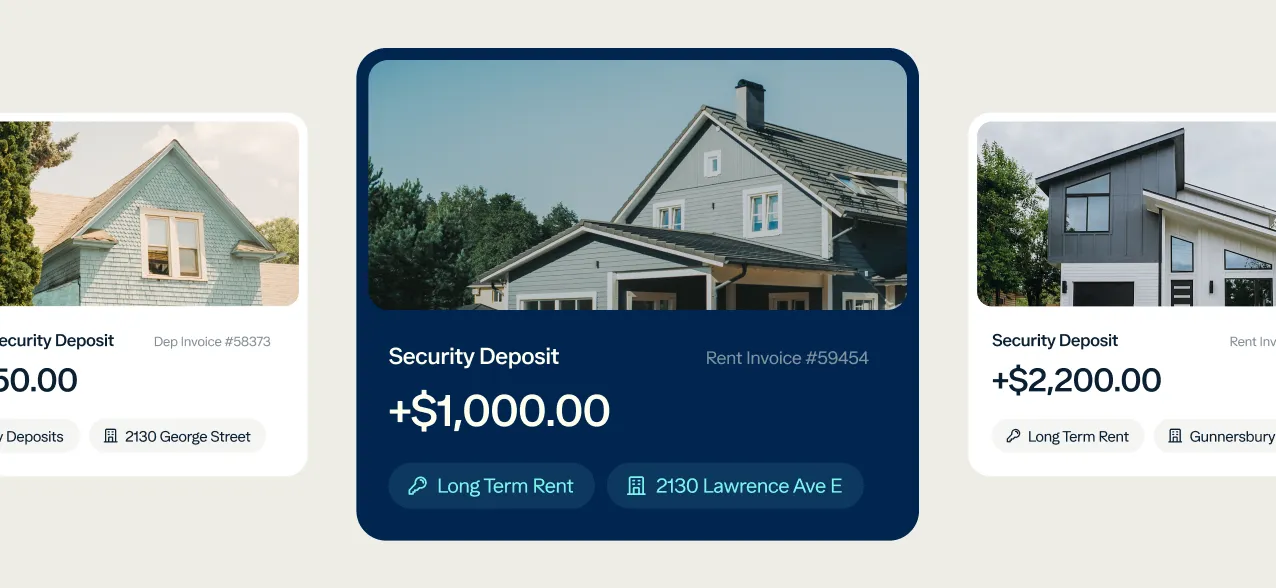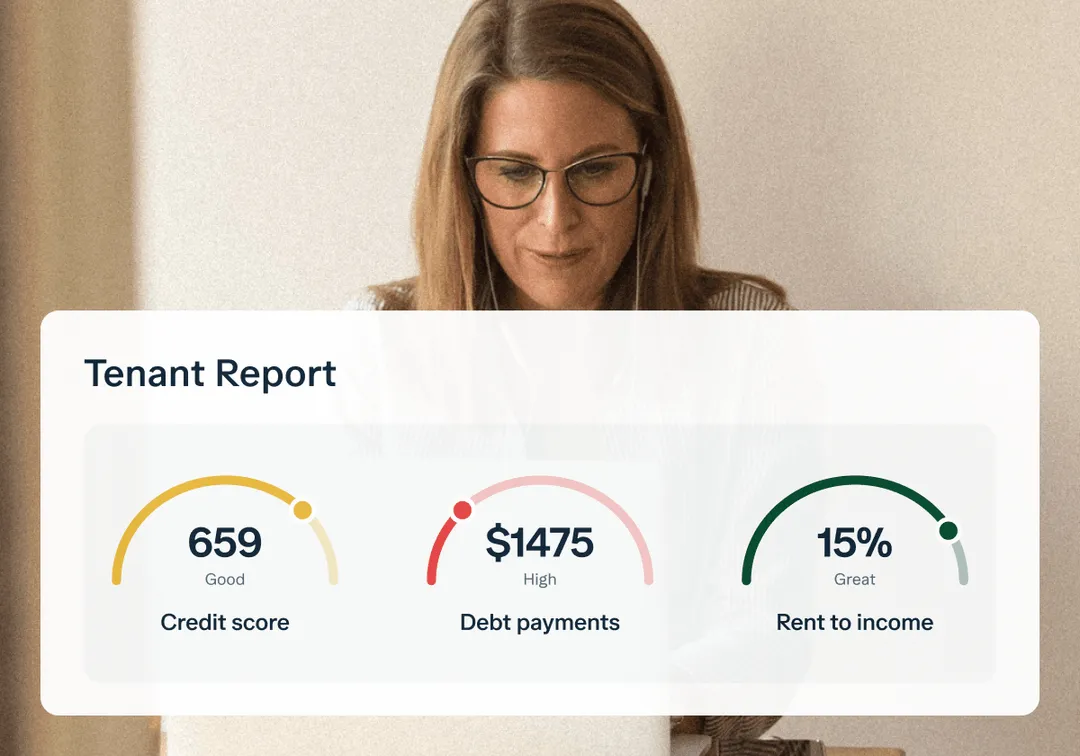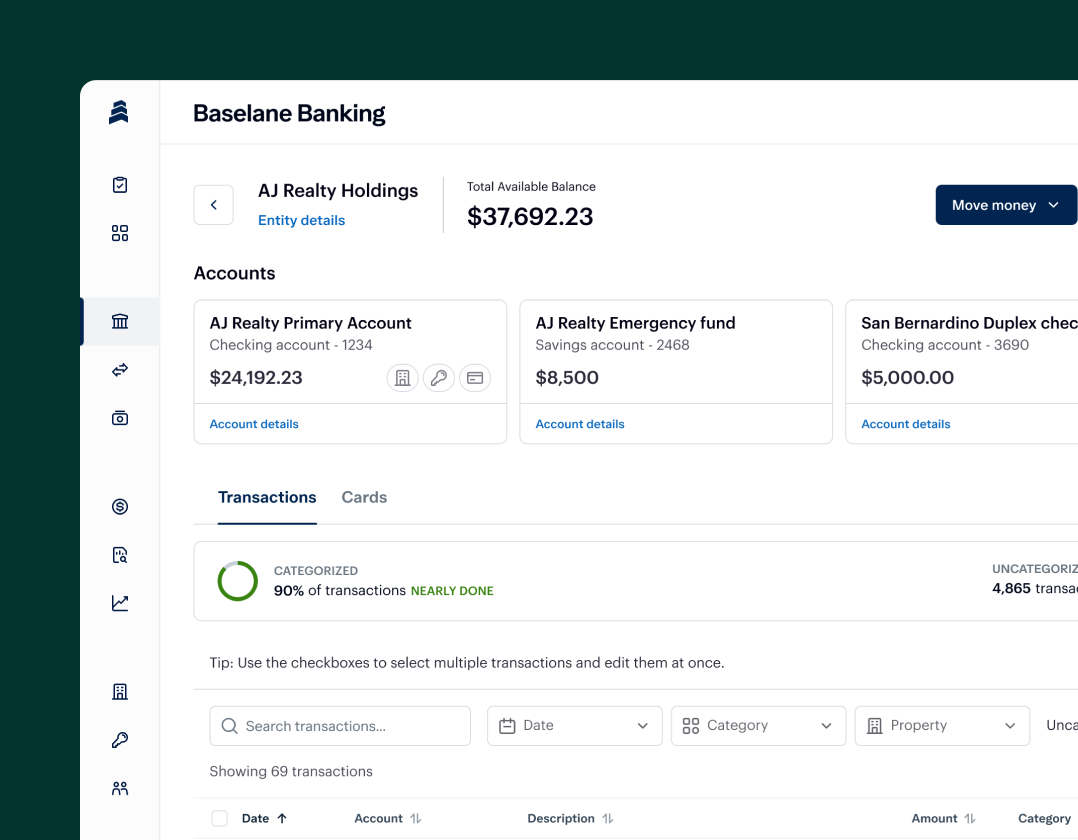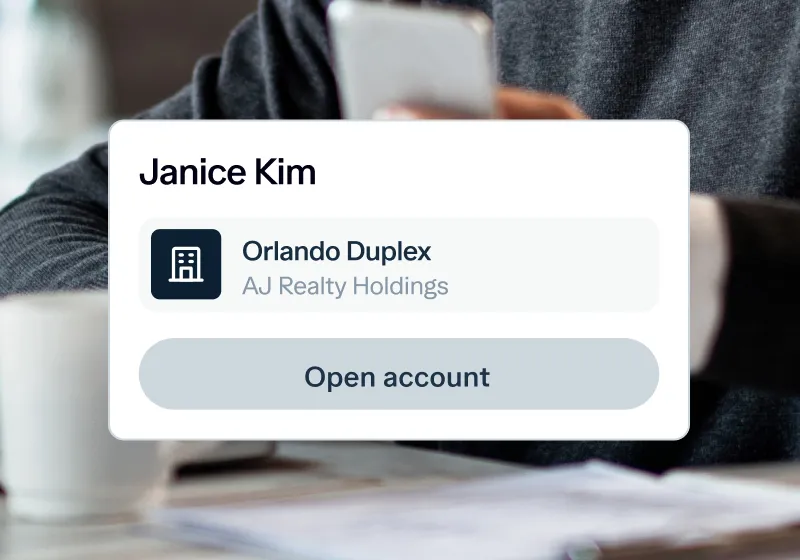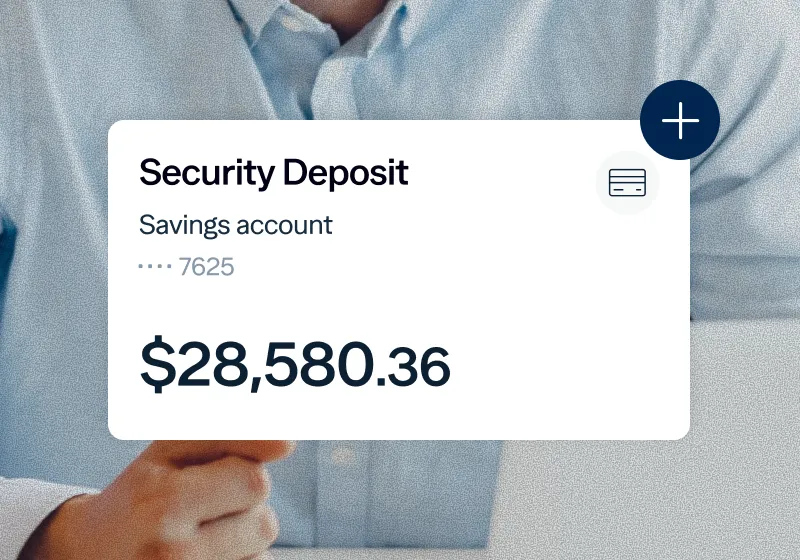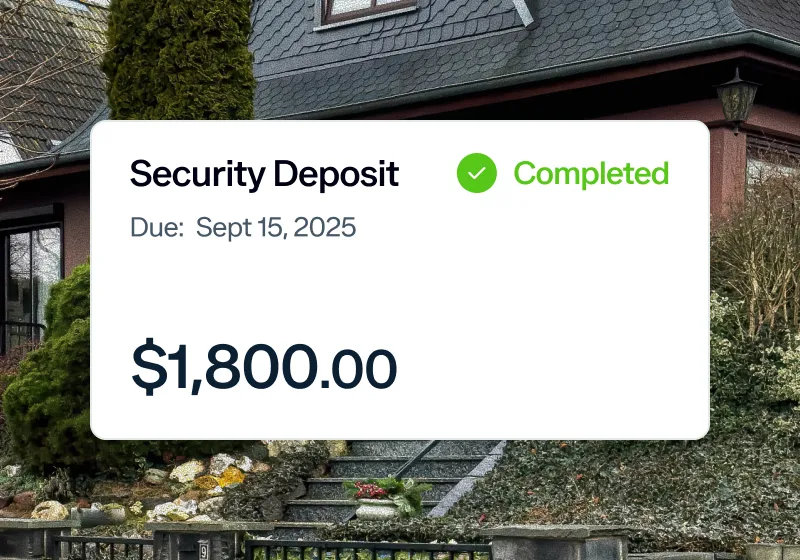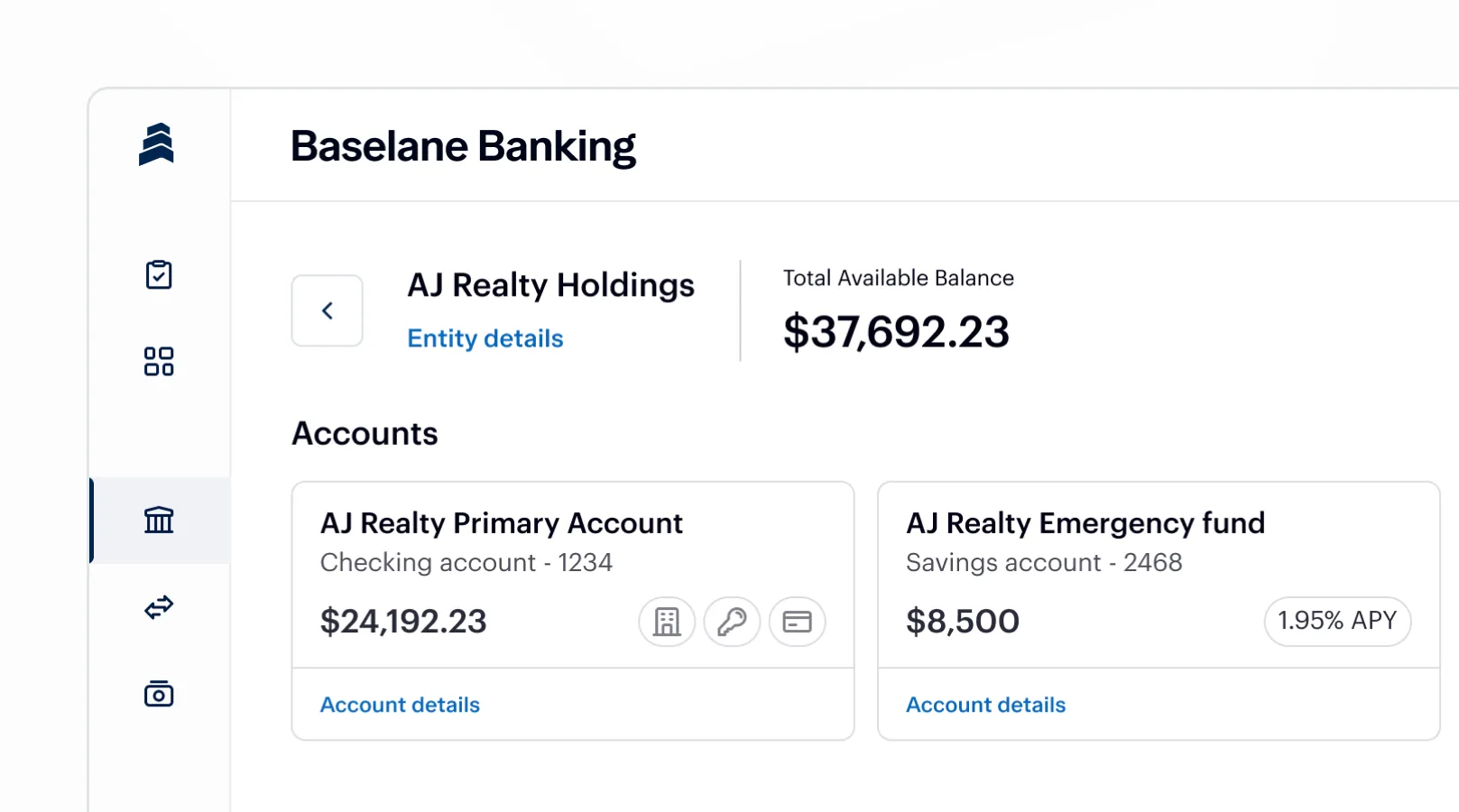Texas law does not set a maximum limit on the tenant security deposit. While landlords commonly charge the equivalent of one month’s rent, the amount can vary based on the rental agreement or the tenant’s qualifications. The landlord must return the tenant deposit within 30 days after move-out, along with an itemized statement of deductions if any apply.
Security deposit rules in {{ state }}
Limit: In Texas, there is no legal limit on the amount a landlord can charge for a tenant security deposit. Most landlords typically collect an amount equal to one month’s rent, though the tenant deposit may vary based on factors such as credit history, rental background, or property type. The deposit amount must be clearly stated in the lease agreement, and it is recommended that landlords maintain a dedicated security deposit bank account in Texas to ensure compliance and transparent handling of tenant funds.
Return Deadline: The landlord must return the tenant security deposit, along with an itemized list of deductions, within 30 days after the tenant moves out and provides a forwarding address. If deductions are made, the landlord must include a detailed written statement explaining each deduction. Failure to return the tenant deposit or provide the required documentation within the 30-day period may make the landlord liable for three times the amount wrongfully withheld, plus court costs and attorney’s fees.
Acceptable Deductions: The tenant security deposit may be applied to unpaid rent, late fees, damages beyond normal wear and tear, cleaning costs, or other expenses necessary to restore the rental unit to its original condition. Normal wear and tear cannot be deducted. The landlord must provide documentation, such as receipts or written estimates, for all deductions taken from the tenant deposit.
Where to Deposit: Texas law does not require landlords to place tenant deposits in a separate or interest-bearing account. However, landlords must maintain accurate records and cannot commingle tenant deposits with funds intended for other uses. While there is no mandated security deposit interest rate, using a security deposit escrow account in Texas or a landlord tenant security deposit bank account in Texas helps ensure professional record-keeping, compliance with best practices, and protection of tenant funds.

